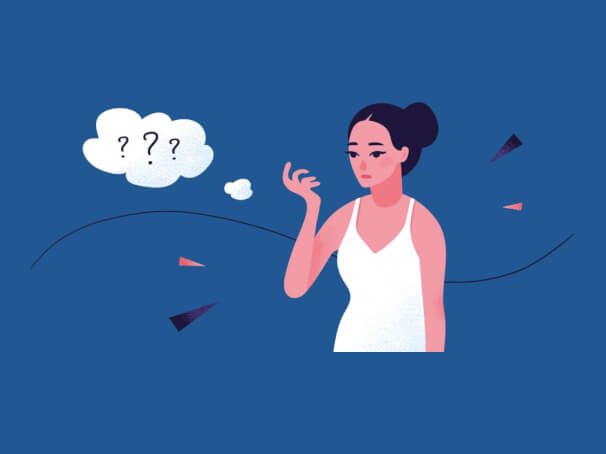
Imagine you were face to face with an angry lion. You need your body to be ready for anything - whether it's fighting the lion away or running for your life. If your muscles are too tired or you are too hot, or you don't have a lot of energy, you are going to become cat food.
Your body has a system in place for just this purpose. It is known as the sympathetic nervous system, and it is responsible for the fight or flight response. The sympathetic nervous system sends energy to every part of your body and prepares it to deal with danger. It's an incredibly valuable system, but unfortunately, it can also be triggered when we aren’t actually in physical danger.
Individuals who experience anxiety know first hand what it is like when the sympathetic nervous system is triggered, sometimes unconsciously. Panic attacks are a good example of this system jumping into action. When a person experiences a panic attack they may feel as if their life is in danger which can trigger the fight or flight response.
Anxiety and the Muscles
Your muscles represent the parts of your body that need the most energy if you were facing a predator. You need to be able to run away quickly, or stand your ground if attacked. But when you have anxiety, your muscles are essentially experiencing non-stop energy, and eventually, that energy can translate into muscle problems.
Stiffness is the direct result of the way that your muscles feel when they've been put on edge as a result of your nervous system's constant barrage of adrenaline. They start to tense up, and that leads to this feeling of stiffness that can be painful, irritating, and possibly even affect range of movement.
Stiffness and Anxiety Behaviors
Not all stiffness is related to the way your anxiety affects your body either. Some types of muscle stiffness are actually the result of the way you react to your anxiety in general.
For example, often those that experience a great deal of anxiety end up reducing their activity levels. They sleep longer, or they lay down more frequently, or they sit in positions that give them comfort and help them cope but are unnatural for their body.
When you decrease your activity levels you also increase the likelihood of muscle stiffness. Your muscles need you to be moving and active. When you're not active or changing the way you do something (like walk, sit, etc.), you increase muscle stress, which in turn can lead to muscle pain and discomfort.
Similarly, the muscle stiffness caused by the sympathetic nervous system may also change your behaviors as you respond to the pain. This can create a cycle of stiffness where your anxiety causes muscle stiffness, which causes inactivity, which causes more anxiety and more stiffness.
How to Stop Muscle Stiffness From Anxiety
It doesn't matter if muscle stiffness is due to anxiety, exercise, injury, etc. The stiffness is still there, and the pain and discomfort you experience needs to be dealt with the same way it would be treated even if it wasn't caused by anxiety.
That means that you should first talk to your doctor, and then consider the following:
- Stretching Often Stretching is, of course, a valuable way to relieve muscle stiffness. It keeps your muscles loose and works out some of the tension that is present in your muscles. It also reduces the risk of further injury, which is important for stopping muscle stiffness.
- Exercise Exercise, in general, is essential for relief from both anxiety and muscle stiffness. Exercise is known to be almost as powerful a cure for anxiety as many anxiety medications because it creates and releases many of the same hormones that are known to improve your mood. It also keeps your muscles loose and healthy. Yoga is a great choice to consider because it is a form of both exercise and stretching which may have a positive effect on your future muscle discomfort, as well as your mood.
- Massage Massage is also considered a way to combat both muscle stiffness and anxiety together. Massage may decrease your anxiety and is also an effective way to work out muscle stiffness. This makes massage a valuable choice for those whose muscles have been stressed because of your anxiety.
- General Health - Your muscles are also very sensitive to your general health. Ensure that you are getting enough sleep, eating healthy, and drinking enough water. These seemingly simple changes can have a big effect on your anxiety, as well as improve your muscle health, which should improve the way your muscles deal with stress and anxiety.
If you're someone that uses modern medicine, traditional over the counter painkillers should also be effective. Most muscle stiffness and pain responds fairly well to basic over the counter treatments. Always make sure you talk to your doctor first before taking any type of medication.
All of these should decrease the effects of muscle stiffness from anxiety, but they do not necessarily improve your ability to deal with the anxiety itself. It's still going to be very important for you to deal with your anxiety in order to ensure that you're able to successfully stop the muscle stiffness from occurring.












